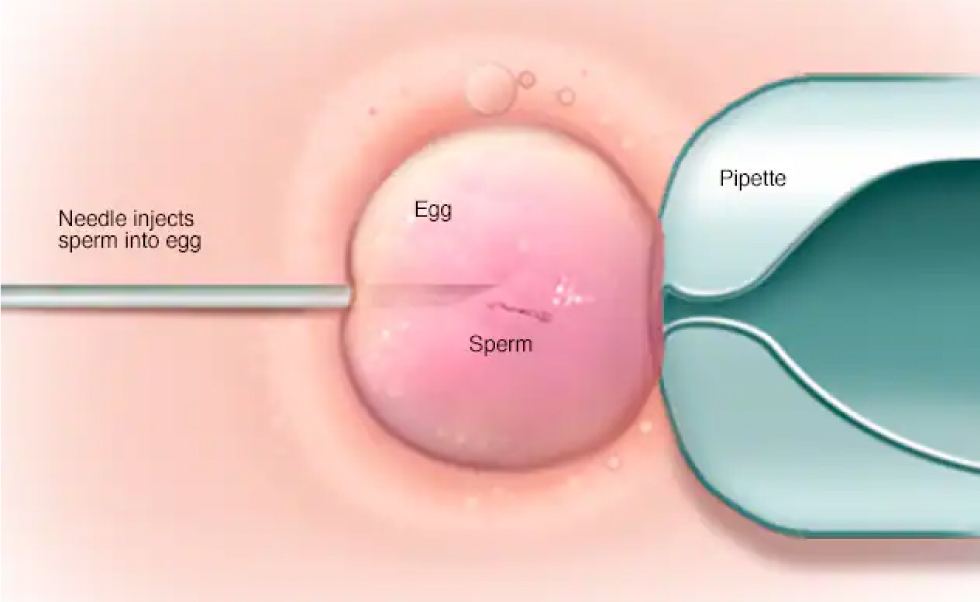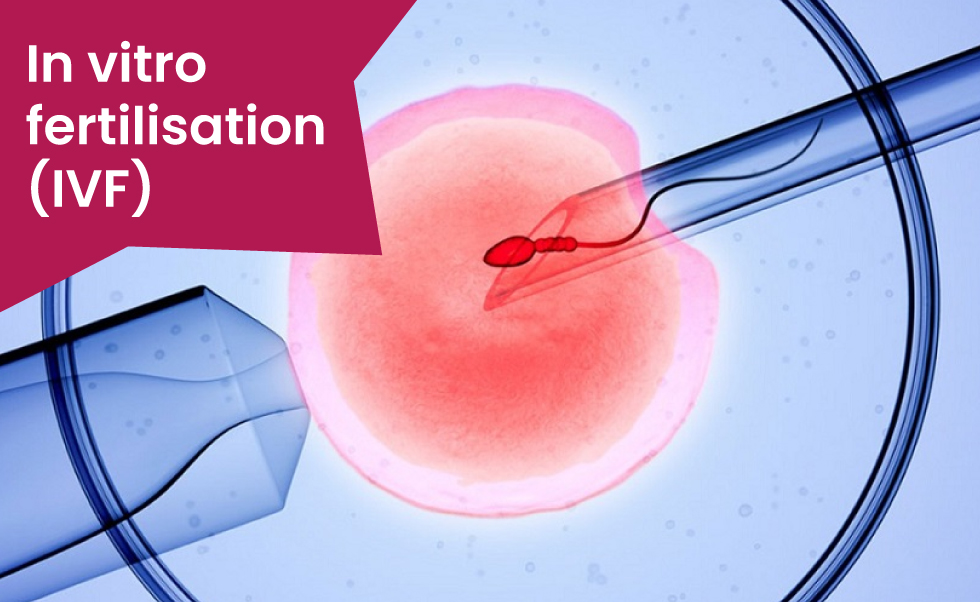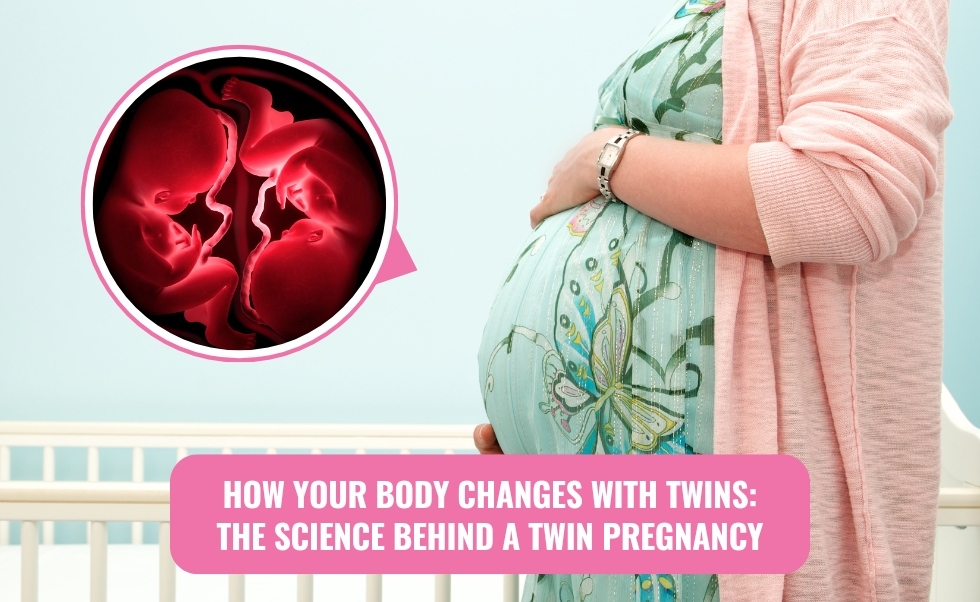A Journey of Hope: Understanding In Vitro Fertilisation (IVF)
In a country where motherhood is often seen as a sacred duty, the pressure to conceive can be overwhelming, especially when faced with fertility issues. If you struggle to conceive, knowing you are not alone is important. Modern medicine offers various solutions, and one of the most significant advancements is in vitro Fertilization (IVF).
What is In Vitro Fertilisation (IVF)?
In vitro Fertilization, commonly known as IVF, is a fertility treatment that has brought joy to millions of families worldwide. “in vitro” means “in glass,” referring to fertilizing an egg outside the body in a laboratory dish. IVF is a blessing for couples who face difficulties in conceiving naturally. Whether due to medical conditions, lifestyle factors, or unexplained infertility, IVF provides an opportunity to achieve pregnancy.
How is IVF Done?
IVF is a multi-step process that involves close collaboration between the woman, her partner, and the medical team. Here’s a simplified overview of how IVF is done:
- Ovarian Stimulation: The process begins with the administration of fertility medications to stimulate the ovaries. This encourages the production of multiple eggs, increasing the chances of success.
- Egg Retrieval: Once the eggs are mature, they are carefully retrieved from the ovaries using a thin needle. This procedure is performed under sedation to ensure comfort.
- Fertilization: The retrieved eggs are mixed with sperm in a laboratory dish. Fertilization occurs naturally or sometimes through Intracytoplasmic Sperm Injection (ICSI), where a single sperm is directly injected into the egg.
- Embryo Culture: The fertilized eggs, now embryos, are cultured in the lab for a few days. The development of these embryos is closely monitored to select the healthiest ones for transfer.
- Embryo Transfer: One or more healthy embryos are carefully transferred into the woman’s uterus. This procedure is painless and doesn’t require anesthesia.
- Pregnancy Test: After about two weeks, a blood test determines if the embryo has successfully implanted in the uterus, indicating pregnancy.
How Might We Benefit from IVF?
IVF offers hope where natural conception has not been successful. It’s particularly beneficial for:
- Couples with Blocked or Damaged Fallopian Tubes: IVF bypasses the fallopian tubes, making it possible for the sperm to meet the egg even if the tubes are blocked or damaged.
- Male Infertility Issues: IVF can help overcome male infertility problems, such as low sperm count or motility, by using techniques like ICSI.
- Unexplained Infertility: Sometimes, couples face infertility with no clear cause. IVF provides an opportunity to achieve pregnancy even when other methods have failed.
- Women with Endometriosis or Polycystic Ovary Syndrome (PCOS): These conditions can make conception difficult, but IVF can increase the chances of a successful pregnancy.
How Long Will IVF Treatment Last?

The IVF journey is deeply personal, and the timeline can vary. Typically, the entire process, from ovarian stimulation to the pregnancy test, takes about four to six weeks. However, additional cycles may be necessary if the first attempt is unsuccessful. Patience and emotional support are crucial; each step is carefully timed to ensure the best possible outcome.
What’s the Success Rate of IVF?
The success rate of IVF depends on various factors, including age, health conditions, and the cause of infertility. On average, the success rate for women under 35 is around 40-50% per cycle. For women over 40, the success rate decreases, which is why many Indian families choose to start IVF earlier in their fertility journey. It’s important to have realistic expectations and to understand that while IVF offers hope, it may take more than one cycle to achieve pregnancy.
What Are the Advantages of IVF?
- High Success Rates: IVF has one of the highest success rates among fertility treatments, offering a viable option for many couples.
- Control Over Timing: IVF allows couples to plan their pregnancy according to their personal and professional lives, providing flexibility in timing.
- Genetic Screening: IVF can include pre-implantation genetic diagnosis (PGD) to screen embryos for genetic disorders, reducing the risk of inherited conditions.
- Overcoming Infertility Challenges: IVF offers a solution when other fertility treatments have failed, providing hope for many couples.
What Are the Disadvantages of IVF?
- Emotional and Physical Strain: The IVF process can be emotionally and physically demanding. The stress of waiting for results, the side effects of medications, and the potential for unsuccessful cycles can be challenging.
- Cost: IVF can be expensive, and in many cases, multiple cycles are needed. Financial considerations are important, especially in India, where insurance may not always cover such treatments.
- Multiple Pregnancies: IVF increases the likelihood of multiple pregnancies (twins or triplets), which can lead to higher health risks for both mother and babies.
A Heartfelt Note
In Indian society, where the pressures of motherhood can weigh heavily on a woman’s shoulders, it’s essential to remember that each journey is unique. IVF is not just a medical procedure; it’s a path filled with hope, faith, and the unwavering desire to become a mother. While the road may be long and sometimes uncertain, the possibility of holding your child in your arms makes every step worth it.
Remember, seeking support and leaning on loved ones during this time is okay. Whether through IVF or other fertility treatments, the dream of motherhood is within reach. Stay strong and hopeful, and know you are not alone on this journey.







